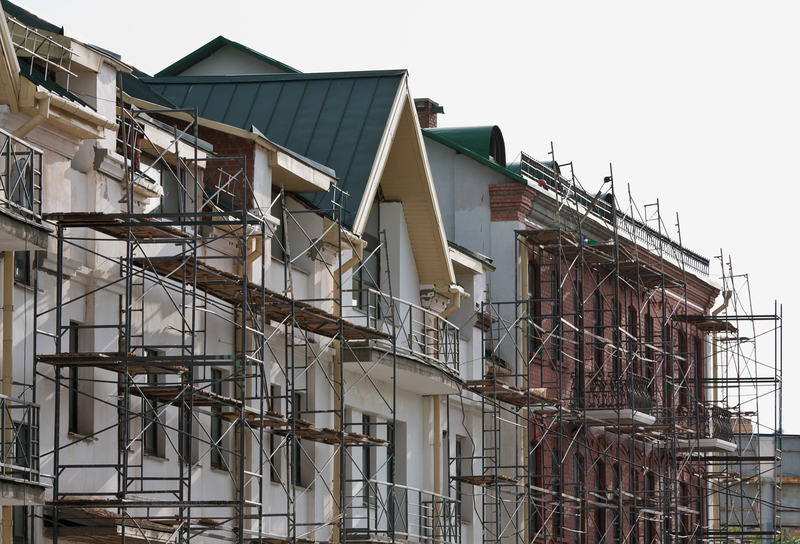Trenton, NJ – New Jersey lawmakers have introduced a groundbreaking bill that aims to overhaul the state’s approach to affordable housing. The proposed legislation seeks to abolish the Council on Affordable Housing (COAH), established under the “Fair Housing Act,” and replace it with a new framework that grants municipalities greater autonomy in determining their affordable housing obligations.
Under the bill, the Department of Community Affairs (DCA) will calculate each municipality’s fair share affordable housing obligation using the bill’s established formulas. These calculations must be completed and published by August 1, ahead of the upcoming 10-year affordable housing cycle starting July 1, 2025.
Municipalities will have the option to diverge from the DCA’s calculations, provided they adhere to the bill’s methodology. Each municipality is required to adopt its obligation by resolution by January 31, 2025, to gain protection from builder’s remedy lawsuits, a legal mechanism that can compel development approvals. Failure to meet this deadline could result in the municipality’s determination becoming the default obligation from March 1, 2025.
The bill mandates the creation of a “housing element” and a fair share plan by municipalities before June 30, 2025. These plans must be submitted to the newly established “Affordable Housing Dispute Resolution Program” (program) for review. If a plan is challenged through the program by August 31, 2025, municipalities have until December 31, 2025, to revise their plans or justify non-compliance. Associated ordinance changes must be adopted by March 15, 2026, to maintain immunity from builder’s remedy litigation.
The program will also have the authority to terminate a municipality’s immunity under certain conditions and will apply an objective assessment standard in disputes. Furthermore, it will be staffed by an odd number of members appointed by the Chief Justice of the Supreme Court, consisting of retired judges and experts. These members and employees will be subject to the “New Jersey Conflicts of Interest Law.”
The bill also simplifies the calculation of regional and municipal housing needs, considering factors such as nonresidential property values, income capacity, and land capacity. Adjustments are allowed for secondary sources of housing supply and demand, and municipalities can make adjustments for lack of available land.
In addition, the bill sets forth guidelines for the use of municipal affordable housing trust funds, restricts the use of bonus credits, and mandates that at least 50% of affordable housing units created should be available to families with children.
DCA is tasked with maintaining key affordable housing-related information on its website, including deed restriction dates, development fees collected and expended, and current trust fund balances.
The bill allocates $12 million to the program and $4 million to DCA from the General Fund for the implementation of these reforms. It would take immediate effect upon enactment and apply to each new round of affordable housing obligations.
